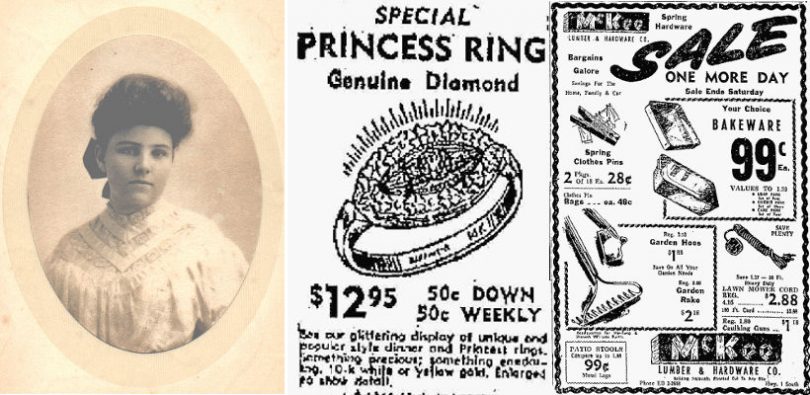Table of Contents
- 1 Accessing Records that you Cannot Access Yourself
- 2 Providing Useful Advice on How to Continue with Your Project
- 3 Providing Suggestions on the Type of Records to Look Through
- 4 Transcribing Hard to Read Records
- 5 Carrying Out Record Searches When you Have Limited Time
- 6 Advising on the Proper Storage of Research Records
- 7 Education on Different Record Search Methods
- 8 Validating Your Research
Different people have a variety of reasons for tracing their family tree. There are those who really want to establish their lineage while others get into the process without giving it a lot of thought.
No matter what kind of person you are, it is best to seek the help of a professional in regards when establishing your ancestry. A genealogist can assist with Record Searches in the following ways:
Accessing Records that you Cannot Access Yourself
During the research process, there are Record Searches that are restricted and can only be accessed by the help of a genealogist. Therefore, the professional will be useful in this aspect. On the other hand, you may be far away from the archive where the records are located.
If you encounter this problem, it is cost-effective to use a local genealogist to access the records rather than carrying out the research individually, especially if you take into account travel and accommodation costs.
Providing Useful Advice on How to Continue with Your Project
When digging into your ancestry, it is only normal to encounter a roadblock and require advice on how to continue with your project. In such cases, a genealogist will enlighten you on a way forward.
Providing Suggestions on the Type of Records to Look Through
When you are researching your own family history, you will most likely only see a fraction of the range of record search that are available.
As this is a professional who has been in the business for a long time, a genealogist has handled a diverse range of records over many years. Therefore, he or she knows exactly where to look in order to find relevant information on your Record Searches.
They also know how to research a particular type of record, whether it is custom or geographically oriented.
Transcribing Hard to Read Records
In cases where you have found a record that is highly relevant to your research but cannot read, then a genealogist will transcribe it for you.
A genealogist is well-trained in the art of paleography, which is the way to analyze and read old writings. For instance, if your document was written before the year 1700, it may be in Latin language and a professional may assist in unveiling the information in it.
Carrying Out Record Searches When you Have Limited Time
If you are interested in family history research but only have limited time to pursue it then a genealogist can carry out all relevant Record Searches for you. If you do not have the time but have some money to spare, put it to good use by hiring the best genealogist there is to conduct research on your behalf.
Advising on the Proper Storage of Research Records
It is not uncommon for people to store all of their research information in one place. This puts them at a higher risk for losing their important findings. For instance, a computer may crash before data is backed up.
A genealogist is well-versed in safe storage. They will recommend means such as online cloud storage or Google Drive where your research information will remain safe and secure.
Education on Different Record Search Methods
When searching through family records individually, you may not get the most from the process because you may be using only a single method of finding information. A genealogist understands this and will teach you on how to physically go through court records over search through online databases.
Very often, important information is recorded incorrectly and a genealogist will also help in sifting through this. As such, you will not be limited in your research.
Validating Your Research
When conducting your family history search on your own, you will most certainly need the validation of a professional. This will help you in finding out whether the research that you conducted is right.
In the process of conducting research, you may inherit work done by another family member or may come across information that may be correct but you are not sure about. A genealogist will review this information and determine the quality of your sources. He or she will also help you fill in the blanks where information may be lacking.
As established, a genealogist plays an important role when it comes to Record Searches. Regardless of your reason for hiring one, learning more about your family history is a rewarding experience.
Ensure that you choose a professional who you will feel comfortable and confident working with.

